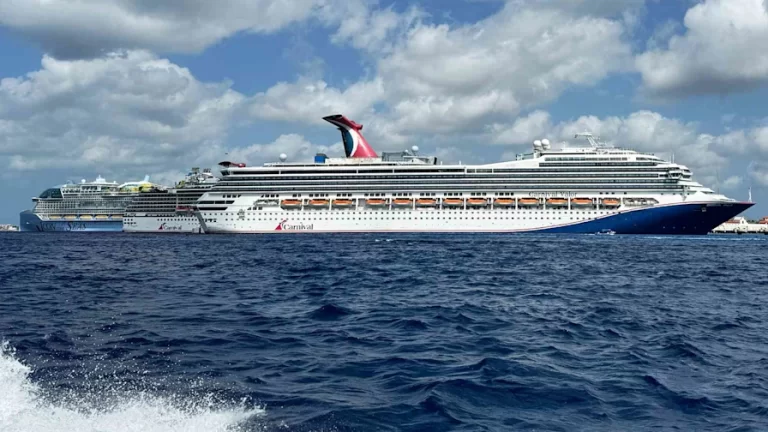
December 11, 2024
Zurich (MAP):
In a historic decision, the FIFA Congress has officially designated Morocco, Portugal, and Spain as the hosts of the 2030 FIFA World Cup. The announcement was made during an extraordinary session held via videoconference and chaired by FIFA President Gianni Infantino.
Additionally, the Congress approved awarding centenary matches to Uruguay, Argentina, and Paraguay, paying homage to the tournament’s origins. Saudi Arabia was confirmed as the host of the 2034 World Cup.
FIFA’s 211 member federations approved the three bids by acclamation, demonstrating unity and consensus. Gianni Infantino lauded this moment, stating, “In today’s divided world, to be able to agree on something like this is an extraordinary message. We live unity. We live inclusiveness. We live soccer.”
Morocco’s Role and Vision
Fouzi Lekjaa, President of the Royal Moroccan Football Federation (FRMF), expressed gratitude to FIFA’s members for this shared achievement. “This trust placed in my country, Morocco, and its two partners, Portugal and Spain, is a testament to the progress made in preparations for the event and the country’s overall development under the enlightened vision of HM King Mohammed VI,” he remarked.
Lekjaa emphasized that hosting the World Cup not only enhances the success of the tournament but also underscores the transformative role of sport in socio-economic and human development.
A Unique Global Collaboration
The 2030 World Cup will mark the first time the event is co-hosted across two continents—Africa and Europe—making it a symbolic and unprecedented moment in FIFA history. The joint “Yalla Vamos 2030” bid received high praise in FIFA’s evaluation, earning a score of 4.2 out of 5 for its infrastructure and organizational capabilities.
Morocco’s Contribution to Development
Morocco’s selection reflects decades of investment in infrastructure, sports, and human development. The country boasts world-class stadiums, transport networks, and hospitality facilities. Notable achievements include the development of:
- Sports Infrastructure: State-of-the-art stadiums like the Grand Stade Hassan II in Casablanca and training facilities meeting international standards.
- Transportation: High-speed rail systems (such as the Al Boraq train), modern airports, and a robust road network facilitating seamless travel for teams and fans.
- Hospitality and Tourism: A globally acclaimed tourism sector, with a proven capacity to host major international events.
These advancements, guided by a commitment to sustainable development and regional cooperation, positioned Morocco as a key player in the successful tripartite bid.
Stadiums and Venues
The “Yalla Vamos 2030” bid presents 20 potential stadiums across the three countries: six in Morocco, three in Portugal, and eleven in Spain. Among the proposed venues for marquee matches are Santiago Bernabéu Stadium in Madrid, Camp Nou in Barcelona, and Casablanca’s Grand Stade Hassan II.
This historic collaboration symbolizes unity and highlights the power of sport in bridging continents, cultures, and nations. Morocco, Portugal, and Spain now stand poised to deliver a World Cup that will leave an indelible mark on the history of soccer and global unity.






